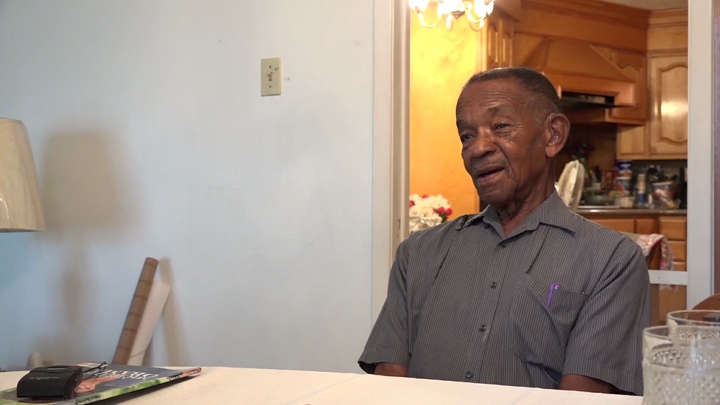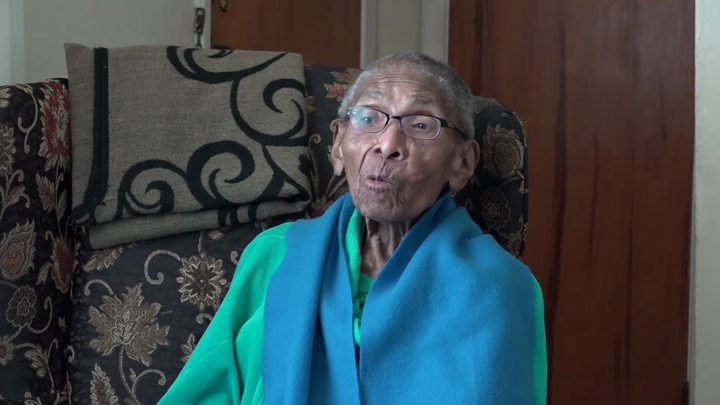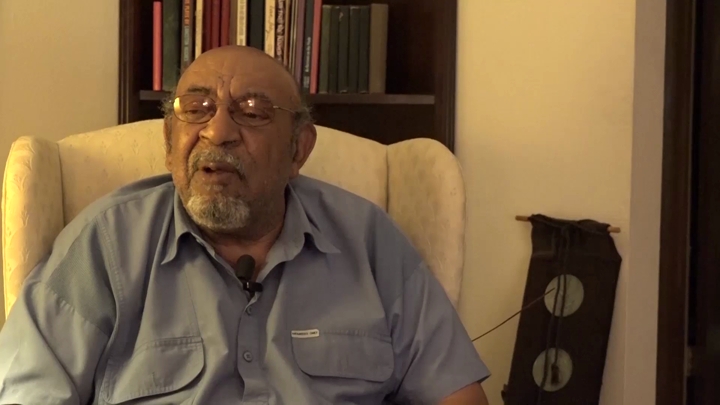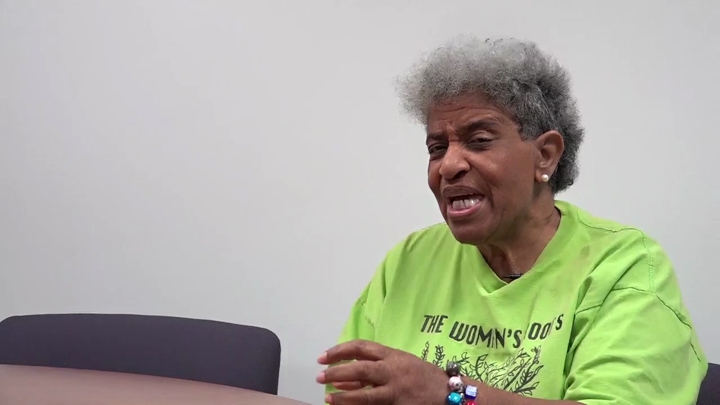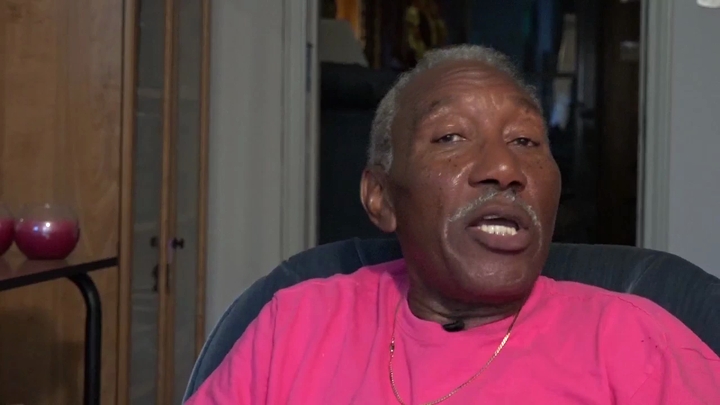Johnson / Higher Education
sign up or sign in to add/edit transcript
Interviewer: So, you graduated high school in 1944, and you decided to go to Prairie View. What made you decide to go there? Johnson: It was pointed out that that was the only place I could except Huston-Tillotson because in 1944, I did apply for A&M because I was only fifty miles away. I was a hundred miles away from Prairie View, but it was pointed out that the school for me was Prairie View. I had a thing about going out of state to school. I had played with some boys who went to A&M and by some stretch of the imagination I thought, since I graduated valedictorian, that they might would consider me but that was not the case. Interviewer: These were white friends that you used to play with that went to A&M? Johnson: Yes. They pointed out that Prairie View was—I thought Prairie View was perhaps the best because I favored not only vocation but avocation also and I thought Prairie View was better for that. Wiley was outstanding in my mind. I thought, at the time, I thought in my thinking, it was maybe too liberal arts. When opportunities were limited in that kind of thing, but terribly important in my mind because I think it’s very valuable, the liberal arts part. Also, the vocation because we had a little ceremony with our ag program. Without labor, neither knowledge nor wisdom can accomplish much. This meant an awful lot to me because somebody has to labor before we can progress. I felt very strongly about that, emphasizing not only the liberal arts but also the vocation side of it. It’s still a hang-up for me and as we become more and more mechanized, this is in my opinion again, increases unemployment. When I go along the way and pay you five or ten miles, half a day, my goodness. I see all these things mechanized, or automatic, automated, and I’m intimidated. I call a firm, corporation, and I talk to a recording, you know. I want to ask a simple question. I think this is part of my concern today. Somehow or other we are working our way out of a good life, I think.
| Interview | Interview with James E. Johnson |
| Subjects | Work › Agricultural Work |
| Race Relations › Black-White Race Relations | |
| Discrimination or Segregation › Discrimination or Segregation at School | |
| Education › All-Black Education | |
| Education › Secondary Education | |
| Education › Higher Education | |
| Historic Periods › Jim Crow Period | |
| Historic Periods › 1941-1945 | |
| Tags | Prairie View A&M University |
| Texas A&M University | |
| Wiley College | |
| Huston-Tillotson University | |
| sign up or sign in to add/edit tags | |
| Interview date | 2015-07-21 |
| Interview source | CRBB Summer 2015 |
| Interviewees | Johnson, James E. |
| Interviewers | Acuña-Gurrola, Moisés |
| Bynum, Katherine | |
| Duration | 00:03:58 |
| Citation | "Higher Education," from James E. Johnson oral history interview with Moisés Acuña-Gurrola and Katherine Bynum, July 21, 2015, Prairie View, TX , Civil Rights in Black and Brown Interview Database, https://crbb.tcu.edu/clips/701/higher-education-2, accessed February 14, 2026 |


